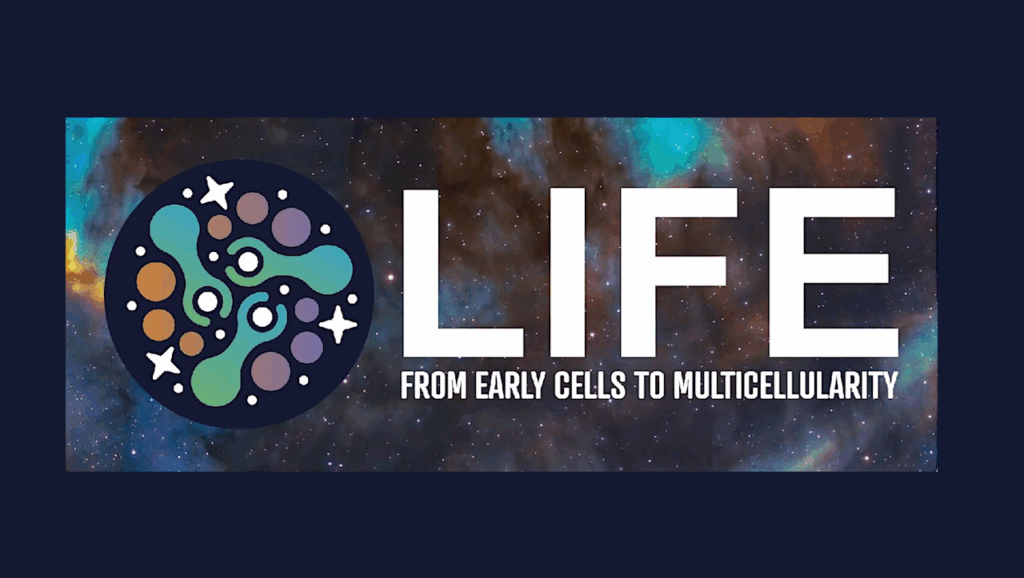Report on the Meeting of the First Early-Career Astrobiology Research Focus Group (RFG)
In July a group of early-career astrobiologists (graduate students and postdocs) spent two days engaged in intensive brainstorming at the first ever Early-Career Astrobiology Research Focus Group (RFG). The goal of the RFG was to foster interdisciplinary collaborative work in a simulated proposal submission process. At the end of two days of grant writing, peer-reviewing, oral presentations and group discussions, the participants voted on the best proposals.
The RFG was an outstanding success, exceeding all expectations. The 30 participants covered the full range of specialties relevant to astrobiology, and represented 7 different countries across North and South America, Europe and Australia. Not only was the RFG successful in its original goal of strengthening interdisciplinary and international links between early-career astrobiologists (9 out of 10 participants thought that having participated in the RFG would definitely help them to work more effectively in an interdisciplinary way in the future) but as a result of the dedication and commitment shown by the participants, several highly original ideas for future research were generated. Over ninety per cent of the participants thought that the ideas that were produced would definitely (50%) or possibly (42%) affect the direction of their future research, and two-thirds of participants wanted to continue collaboration on their ideas.
The RFG workshop was entirely conceived and organized by early-career astrobiologists themselves. The organizing committee consisted of Marina Antonio, (Washington State University, lead organizer), Katherine Wright (University of Colorado at Boulder), Rika Anderson (University of Washington), Dimitra Atri (University of Kansas), Armando Azua-Bustos (Universidad Catolica de Chile), Laurie Barge (University of Southern California), Mark Claire (University of Washington), Jacob Haqq Misra (Pennsylvania State University) and Sanjoy Som (University of Washington). Marina and Katherine ran the workshop while other organizers participated in the focus groups. The NAI provided funding for the workshop, and both the organizers and participants would like to thank NAI for their ongoing support for early-career astrobiologists and for making the event possible.
The “RFG experience” began 3 weeks before the event, when the organizers put the participants into focus groups of 3 or 4 people who had expressed an interest in similar research areas, but who had different backgrounds, in order to ensure interdisciplinary collaboration. They were asked to initiate brainstorming and the summary of their proposal was due on the day of arrival at the workshop. Each group was then given 16 hours to write the full proposal, and several participants worked those 16 hours straight through the night, depriving themselves of sleep! Participants peer-reviewed each others’ proposals, as well as presenting their own, and finally voted to rank the proposals.
For more information: http://sites.google.com/a/u.washington.edu/abgradcon09/Home/workshop [Source: NAI Newsletter]







